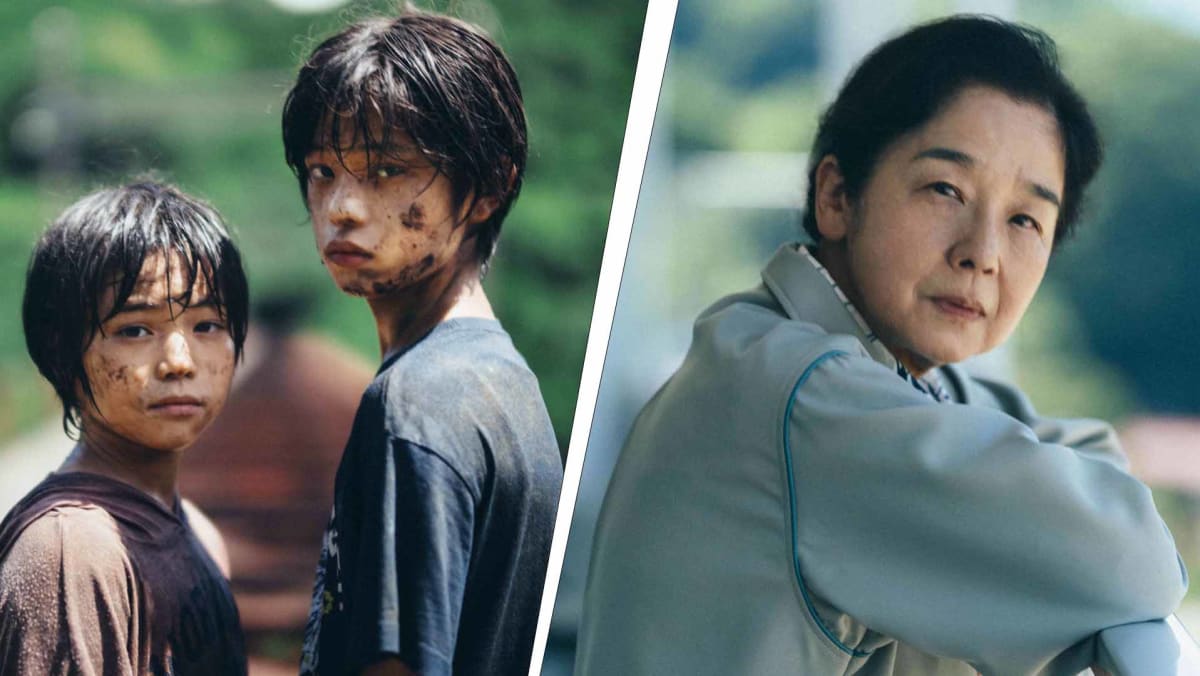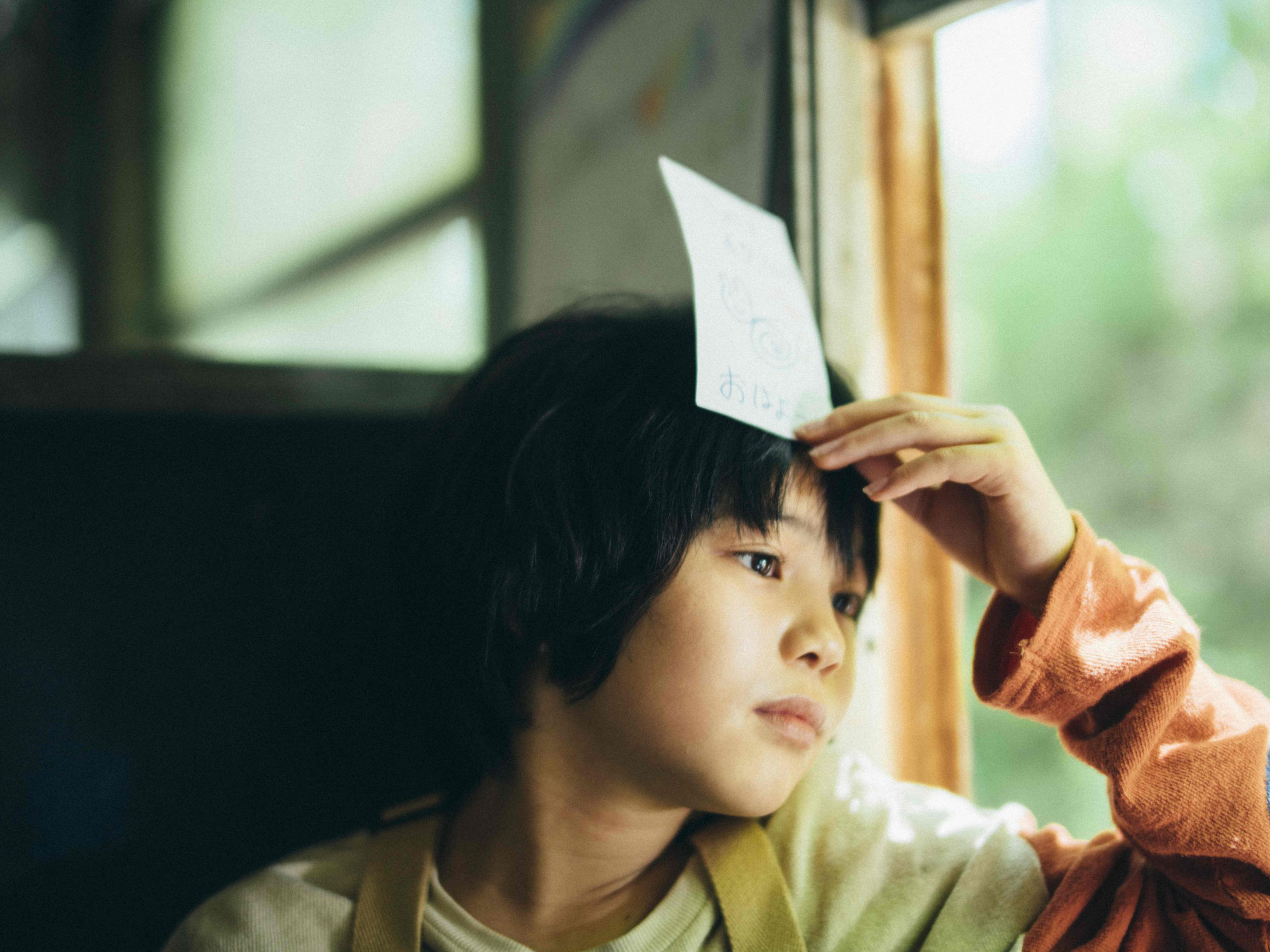Kore-eda’s Monster (怪物) - What Remains Unseen
My girlfriend and I recently viewed Kore-eda's compelling drama film 'Monster’. I was mesmerised by how I was emotionally manipulated by the narrative. No wonder this won the Best Screenplay at the Cannes Film Festival.
'Monster' unfolds with an intricate and refreshing narrative that displays the intertwining events of the lives of three distinct characters in three separate segments: Saori Mugino (Ando Sakura), a single mother grappling with the challenges of raising her ostensibly troubled child. Minato Mugino (Soya Kurokawa) Saori is also dealing with the death of her husband. The second character is Mr. Hori (Rita Nagayama), a young school teacher entangled in a pursuit of affection with a woman from a hostess bar, Hori also appears to be physically abusing Minato and Hori is also being manipulated by higher-ups at the school. The primary focus, however, centres on Minato and his dynamic with the bullied 'pig brain' child, Yori Hoshikawa (Hinata Hiiragi). Though lurking in the background is the school principal led by a phenomenal performance from Yoko Tanaka. This narrative approach unveils the singular nuances and motivations guiding each character's decision-making within the story.

Kore-eda illustrates how seemingly minor misunderstandings among individuals can precipitate pain and destruction. The film skilfully navigates the intricate web of Saori, Mr. Hori, and Minato's misconceptions, resulting in a ripple effect that significantly alters the course of their lives. The film poses the poignant question, 'Who's the monster?' 'Monster' artfully leaves certain mysteries to the viewer's imagination, such as the mysterious demise of the school principal's grandchild and the suspicious fire above the hostess bar at the story's inception. While some scenes and dialogues offer subtle clues, the film refrains from overtly unravelling these mysteries, leaving the answers in the hands of insinuation.
'Monster' intricately arranges its narrative like such as a way to emphasise the significance of what remains unseen, it shows the importance of the unseen or omitted emotional understandings and how they wield considerable influence in how the audience assesses the story. This deliberate choice leaves the audience with a profound sense of frustration at times. It places the audience in a position where they must comprehend the characters' actions individually in a way that eludes the interlinked characters themselves. As a newcomer to Kore-eda, I found myself frantically switching between, anxiety, frustration, and enlightenment throughout the viewing experience. Yet, amidst this emotional rollercoaster, I feel like I left with some sort of vital insight into the human experience. I am sure that the impact of this cinematic journey will resonate with me for many days to come.


Comments
Post a Comment